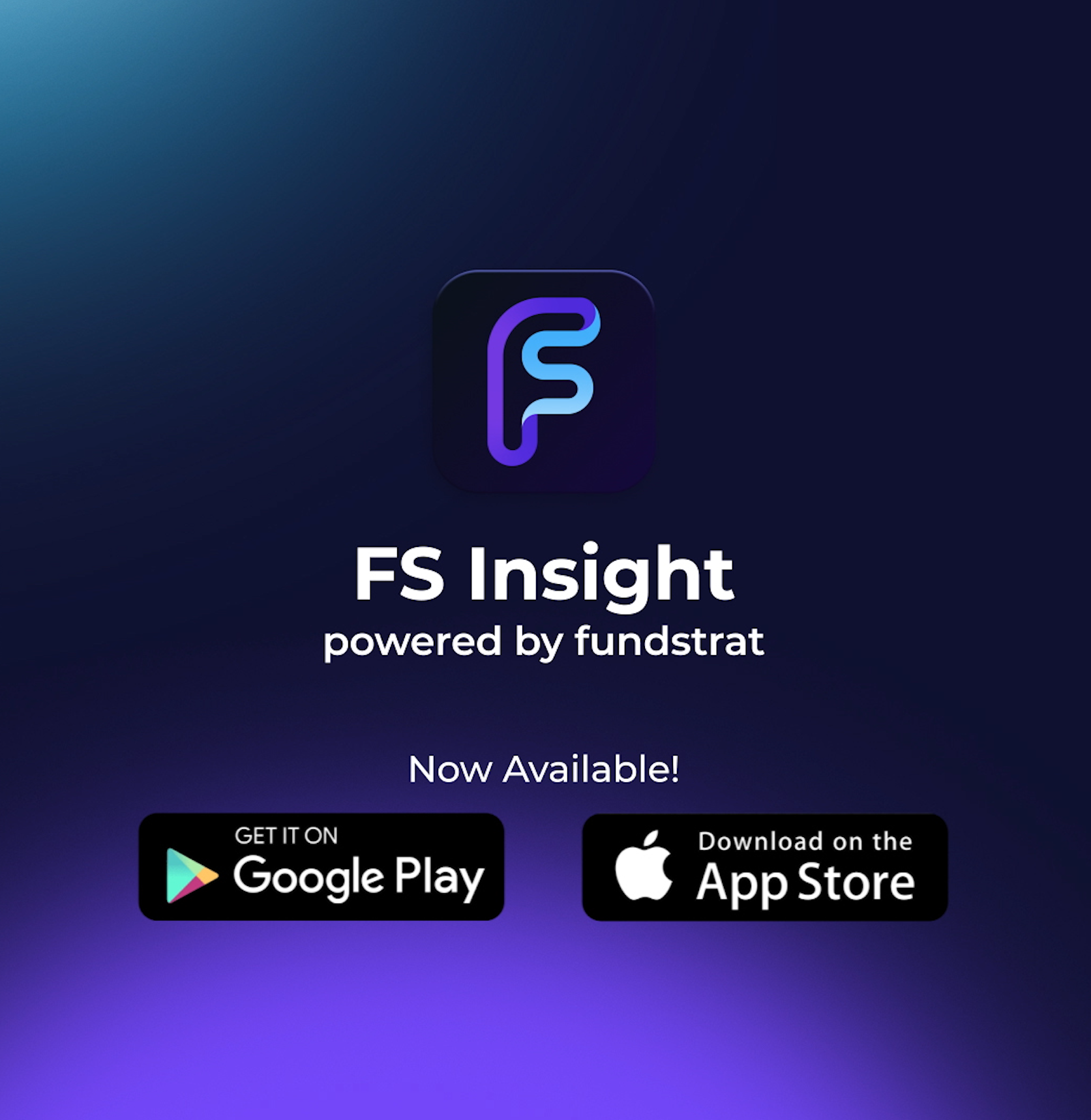Signal From Noise
Research
Signal From Noise
Research
The Zoomer Experience: Opportunities From the Rise of the Newest Generation of Adults
“Life moves pretty fast. If you don’t stop and look around once in a while, you could miss it.”
~ Ferris Bueller, Ferris Bueller’s Day Off (1986)
The fictional Mr. Bueller would be about 55 today, and his children would likely be Zoomers – members of Generation Z. This is relevant because Gen Z appears to have taken the advice of this iconic member of Generation X to heart: to value experience at least as much as material goods.
As we mentioned in the first half of our focus on this generation, a little more than half of Generation Z has entered adulthood. The ways in which they spend their disposable income will significantly impact society, our economy, and investors.
Before looking at what Zoomers spend their money on, it might be helpful to examine how they make their spending decisions in the first place. Generation Z covers people born between 1997 and 2010, and they grew up with quick, easy access to a wide range of information sources – not just legacy authoritative sources of information, but also the most current opinions of peers and of public figures they respect.
Remember that YouTube was founded in 2005, Facebook opened to public access in 2006, and the first iPhone debuted in 2007. This means that every Zoomer has grown up with fast, always-available Internet, video streaming, and social media. Some members of this generation have literally never known a world without them. For Gen Z, the companies behind Youtube, Facebook, and the iPhone have always been a part of their lives, and they still enjoy significant appeal.
For all the column inches (a phrase that some Zoomers might not even understand) currently devoted to newer social media platforms like Snapchat and TikTok, YouTube – owned by Alphabet (GOOG 9.90% ) – remains the most popular by far with Generation Z, with one study (see chart below) showing that 88% of Zoomers use Youtube. Meta (META 0.27% ) accounts for the second and fifth spots – 76% of Zoomers use Instagram, while 49% use Facebook.
TikTok and Snapchat are rapidly catching up, occupying the third and fourth spots in this popularity list.
The so-called iGeneration doesn’t just use this technology to communicate or stay in touch. It is their source for instantaneous information about everything. And one of the most frequent topics they go online to research is how to live a healthier life.
Wellness
Each successive generation has started prioritizing health and wellness earlier in life, and Gen Z continues that trend. Where Gen Z differs from their elders – including Millennials – is their increasing emphasis on the proactive pursuit of mental health.
It’s unclear whether Gen Z has a higher rate of mental health issues, but they certainly seem far more willing to acknowledge and discuss them. Zoomers describe themselves as having poor mental health at significantly higher rates.
A study by Deloitte, “The Mental Health of Gen Zs and Millennials in the New World of Work,” found that about 46% of Zoomers said they are stressed or anxious all or most of the time. In comparison, only about 38% of Millennials say the same.
While there are no easy solutions to any mental-health problem, the iGeneration is increasingly looking for help from something with which they grew up: technology. Zoomers are more comfortable with digital mental-health programs and digital wellness apps, frequently researching and finding potential solutions amongst friends and peers on social media.
They are also comfortable with using telemedicine to help address their mental health needs. Among the companies active in this space are Teladoc (TDOC) and Talkspace (TALK).
That’s not to say that Gen Z is ignorant of the importance of physical health, however. About 48% exercise regularly (sorry, “several times a month” does not count), which is more than the general population (41%).
As with mental health, this generation continues to seek ways to incorporate technology into their fitness toolbox. This includes both wearable hardware and subscription services that help Zoomers track their health and fitness metrics while providing analytical insights and recommendations. Around 42% of Gen Z own a fitness wearable, and nearly a quarter of them plan to buy one. This is significantly higher than the general population.
A separate survey showed that among those who use a wearable, Generation Z is more likely to talk to their doctors about the data collected by the devices than other generations.
Unsurprisingly, Apple (AAPL -0.41% ) is a leading player in this space, with its Apple Watch. Its perennial competitor, Google, is also here, with its popular range of Fitbit and Wear OS wearables. Both companies also offer subscription services that provide a library of workouts, nutritional guidance, and analytics-generated recommendations and insights. Garmin (GRMN 0.29% ) and Whoop are also popular contenders for Gen Z’s money.
Gaming
When they aren’t worrying about their health or working up a sweat, Generation Z spends a lot of time playing video games. In fact, the average Zoomer spends more time playing video games than any other recreational activity – more than perusing social media or watching passive entertainment such as movies or television shows.
About 81% of Zooomers have gamed at least once in the past six months. Even when they’re not gaming, they’re often consuming gaming-related content. Approximately 75% of them have watched game-related videos or streams on platforms such as YouTube or Twitch. (This includes both gameplay footage and gaming-related comedic clips.)
Gaming isn’t just fun or stress relief. It’s social. About half of GenZ gamers admit that they sometimes log onto games to hang out and socialize, rather than to actually play the game. As one researcher explained, this is similar to how previous generations would hang out at the mall despite having no active desire to shop.
One obvious question: Which game is the favorite of Zoomers? There are many to choose from and many that have earned popularity and loyalty among this generation, but three names are constantly mentioned:
- Minecraft – created by Mojang Studios, now a subsidiary of Microsoft (MSFT 1.80% )
- Grand Theft Auto – by Rockstar Games, part of Take-Two Interactive (TTWO)
- Call of Duty – by Activision-Blizzard (ATVI)
Also frequently mentioned are Roblox (RBLX 1.29% ) and Fortnite (published by privately held Epic Games.)
Travel
Yet it would be incorrect to think that Gen Z is completely glued to their screens, oblivious to the real world. This U.S. generation – the most diverse by ethnicity, religious belief, sexual orientation/identity, or almost any other criteria you could think of, has an intense interest in exploring the world.
The post-Millennial generation loves traveling. About 52% of Gen Z adults are frequent travelers. This means that despite having less disposable income, Zoomers are more enthusiastic about travel than Gen Xers and Boomers, and about as enthusiastic as Millennials.
Gen Z puts its own imprint on traveling. Zooomers seek adventure, authentic interactions with locals, and exposure to unfamiliar cultures, often willing to wander off the proverbial beaten path. This makes at least two companies well-positioned to benefit as Gen Z increases their financial ability to indulge their hunger for travel.
Airbnb (ABNB 0.75% ) offers a unique combination of attributes prized by Gen Z travelers. The company provides technological convenience and listings that are often less expensive than hotels. They also better enable travelers to go off the beaten path and visit destinations that have yet become popular enough to spark a wave of hotel construction.
Furthermore, by booking a room in the home of a local, Airbnb offers the opportunity to get up close and personal with locals and people from unfamiliar cultures. This last point is important: it is no accident that the company reports that Gen Z is one of the fastest-growing guest segments in the Asia-Pacific region, for instance.
Similarly, Booking.com is in a good position to benefit from Gen Z’s search for a convenient way to book travel to far-flung locations. In addition to its namesake platform, it also operates some of the world’s leading online travel tools, including Priceline, Kayak, and Cheapflights. Relative to its peers, it has broad global reach, offering listings for nearly 2.4 million properties across over 220-plus countries.
A note about some of the names mentioned above
Many of the companies mentioned will be familiar to our clients and members, particularly since a fair number of them have long been a part of Tom Lee’s Granny Shots list. These include Microsoft (MSFT 1.80% ), Alphabet (GOOG 9.90% ), Meta (META 0.27% ), Apple (AAPL -0.41% ), and Garmin (GRMN 0.29% .) In our view, the appeal of these companies to Generation Z is an added bonus.
As for the rest, their inclusion is meant to serve as a starting point for more research and not a recommendation for inclusion in your portfolio. Despite the potential tailwinds described above, the telemedicine companies (TDOC and TALK) have fallen precipitously from their COVID-era highs (though as of this writing, both are up YTD.)
The gaming industry has also experienced some volatility of late as well. It is up slightly YTD, but Activision-Blizzard’s (ATVI) future is difficult to predict due to regulatory uncertainties arising from Microsoft’s attempted acquisition of the company. And Roblox (RBLX 1.29% ), while benefiting the Tech/AI wave YTD, has also experienced a choppy few years post-pandemic.
Meanwhile, when taking a broader view of the travel industry, it has been a wild ride since 2019. Both Airbnb (ABNB 0.75% ) and Booking.com (BKNG 0.53% ) have experienced a challenging few years, between the pandemic, reopening-fueled revenge spending, and uncertainties from global inflation. Both companies express optimism for the summer travel season, but as always, careful due diligence is required before making an investment decision.
In the meantime, we encourage you to explore our full Signal From Noise library, which includes interviews with respected investors and bestselling authors Morgan Housel and Robert Hagstrom. You’ll also find recent deep dives on the semiconductor industry and opportunities arising from the ever-increasing global water crisis.
Your feedback is welcome and appreciated. What do you want to see more of in this column? Let us know. We read everything our members send and make every effort to write back. Thank you.




